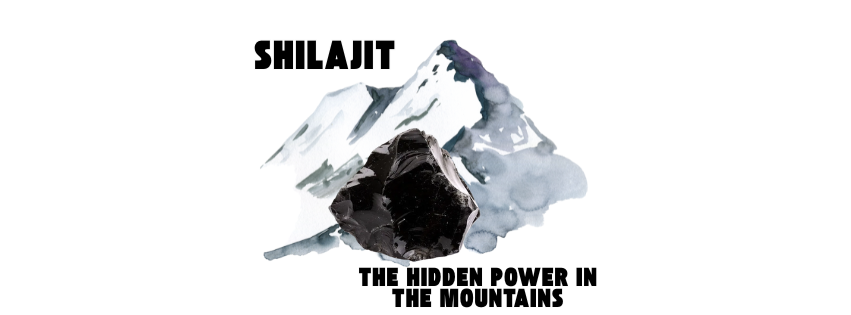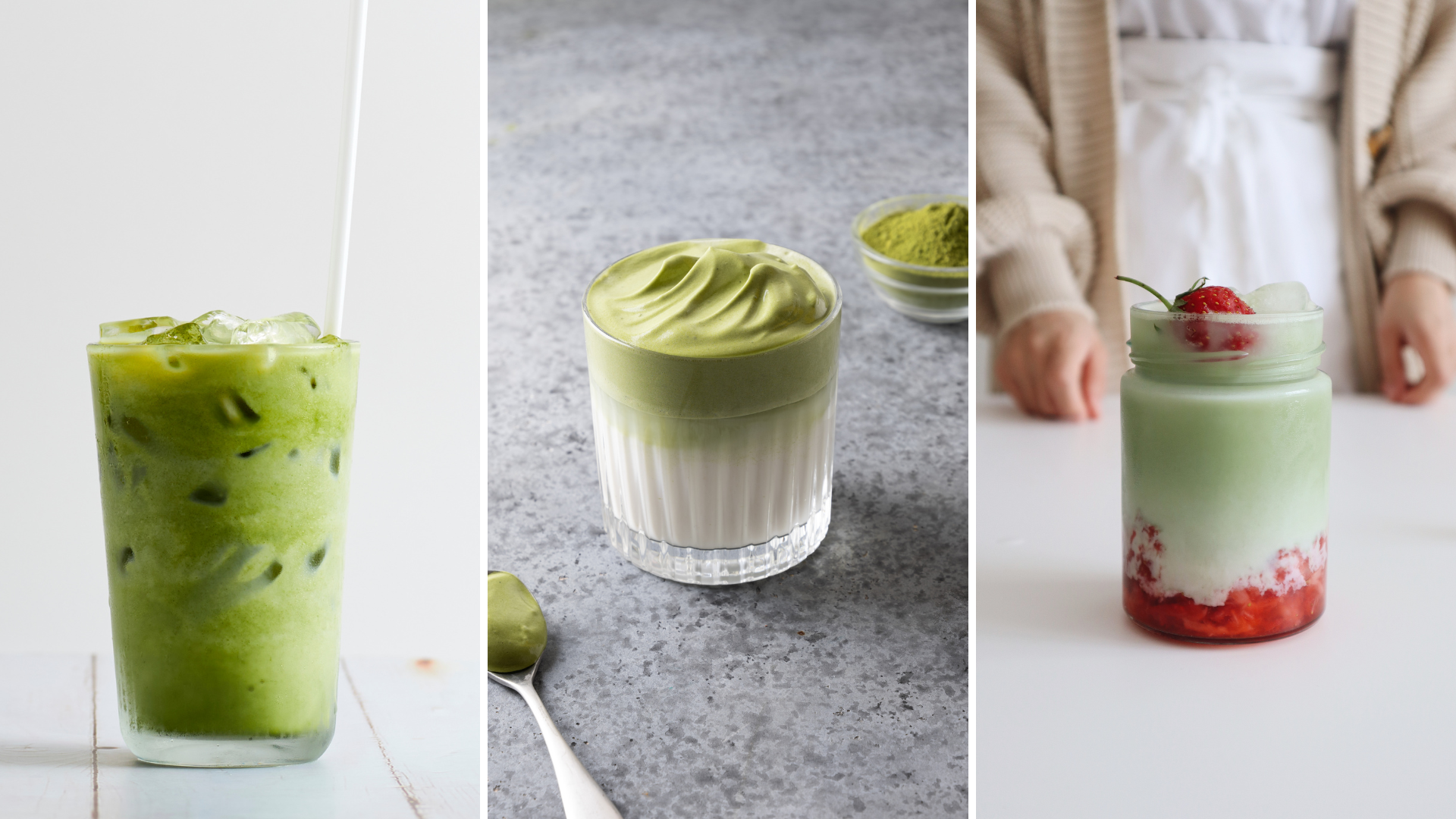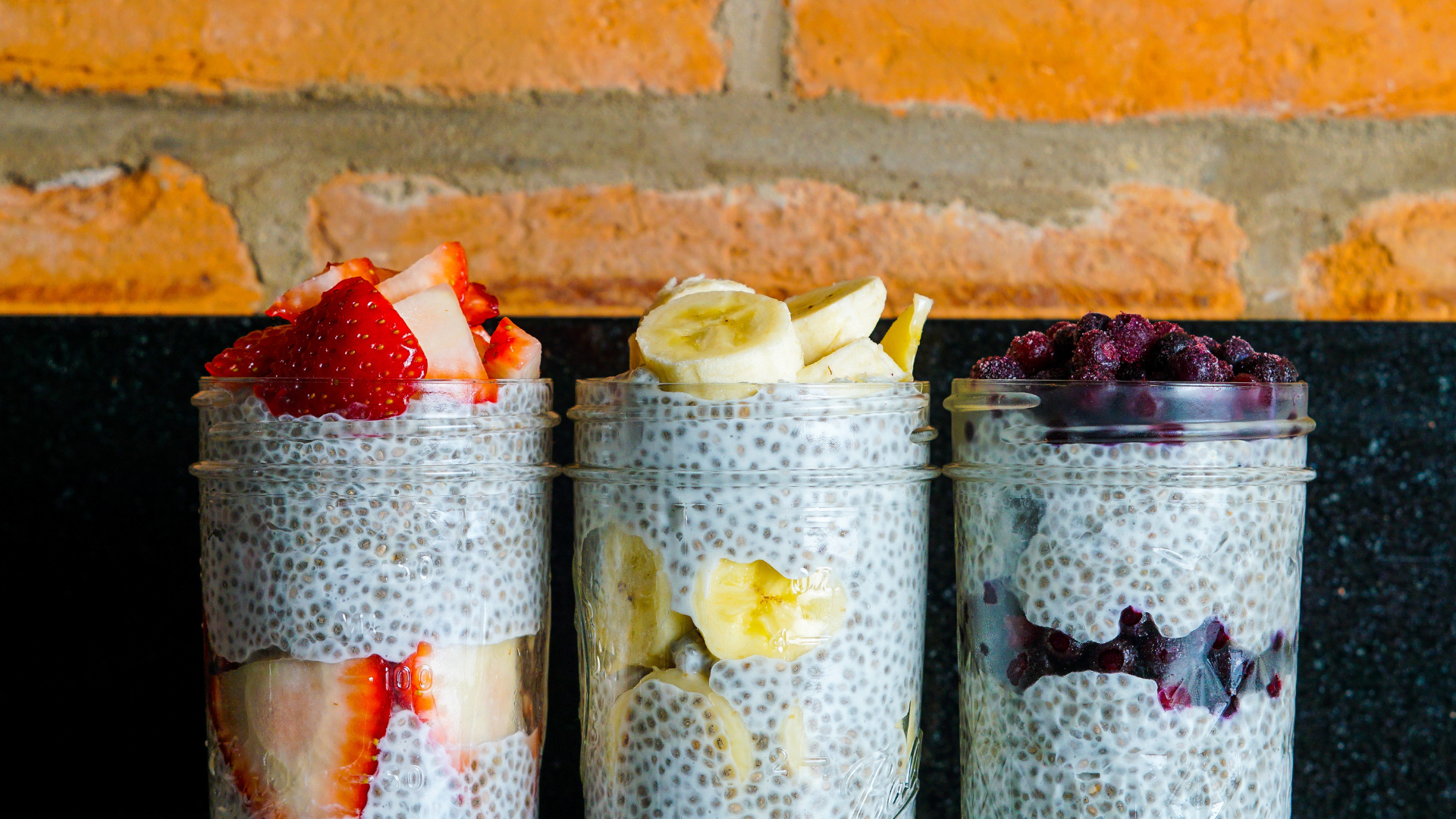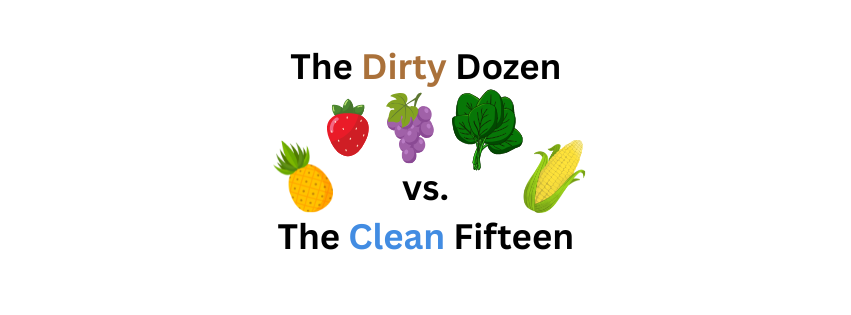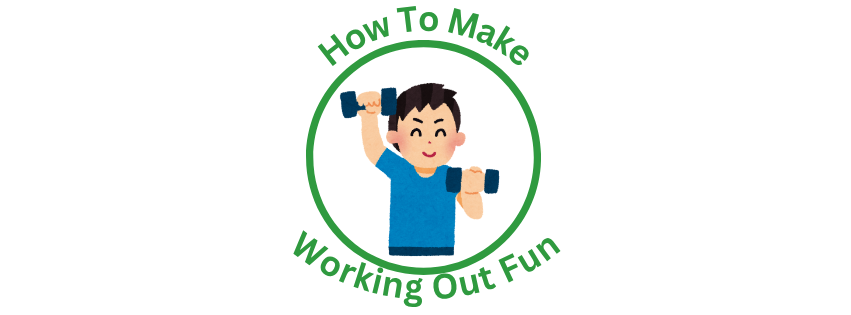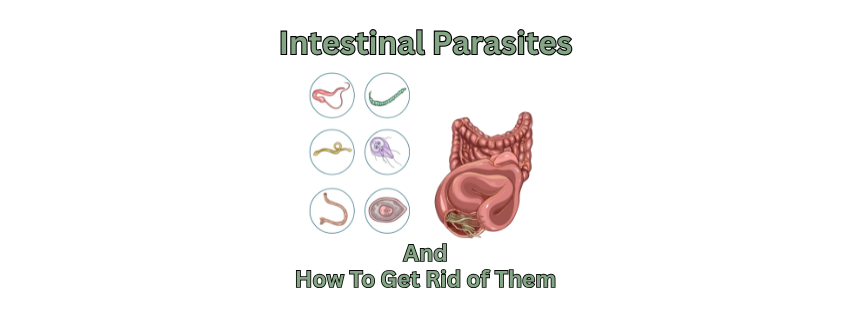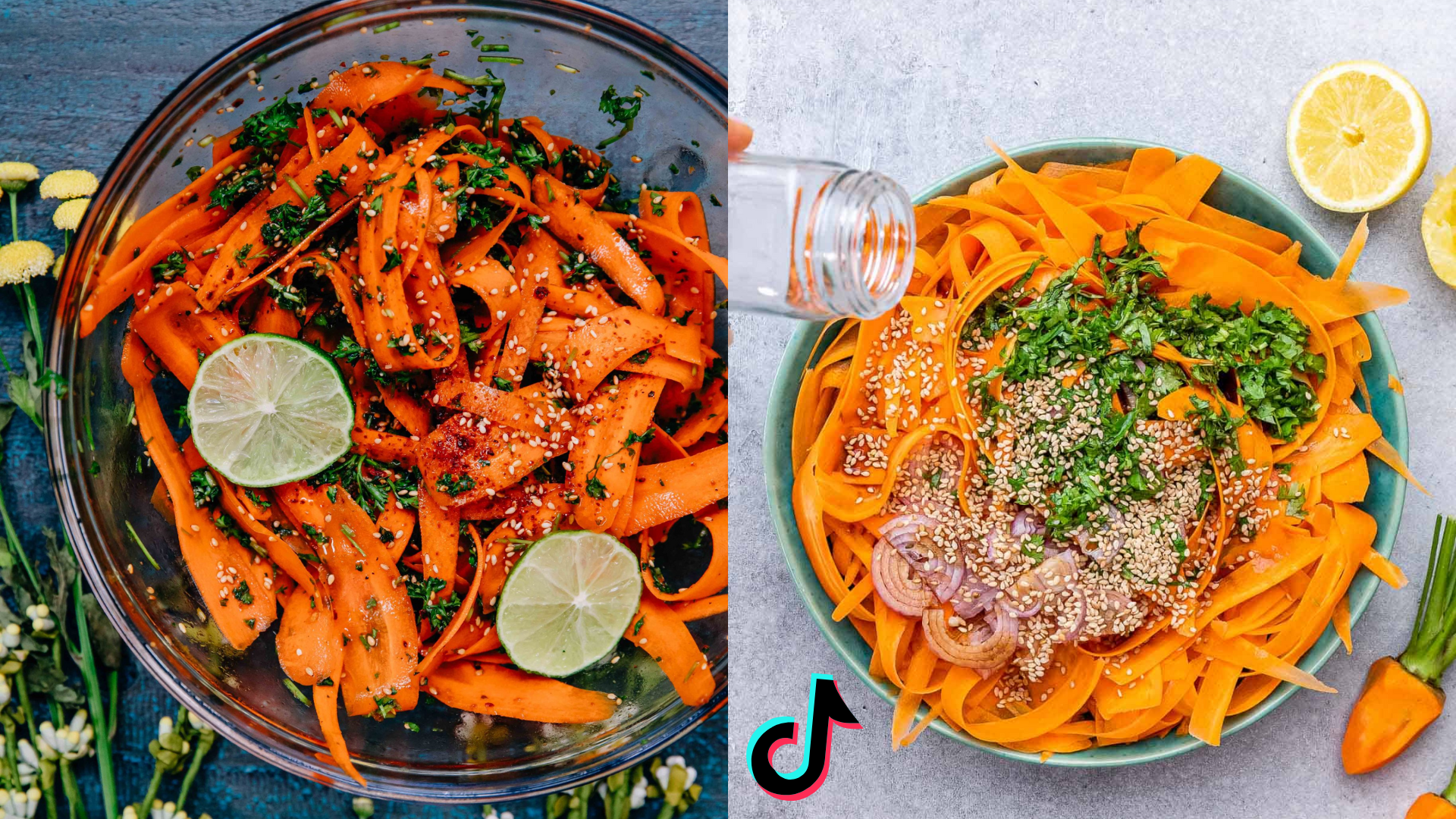The 7 Pillars of Self-Care
Self-care is a word that gets thrown around a lot these days. When you hear it, you probably think about bubble baths and spa days. And while those are wonderful too, self-care is about much more. It's a holistic practice that nurtures every part of our being - from the inside, out. The International Self-Care Foundation lays out 7 Pillars of Self-Care so foster overall health. Let's explore them together!
Pillar 1: Knowledge & Health Literacy
Pillar 1 focuses on education. Understanding health information and having strong health literacy skills allows you to make informed decisions about your health choices and habits. People with strong health literacy skills enjoy better health and wellbeing, while those with weaker skills are prone to engage in riskier behaviours that can damage their health.
This can range from simple things, like doing your research on health diagnoses, self-care practices, nutritional information, exercise practices, etc. It also includes distinguishing 'good' information from 'bad', healthy choices from unhealthy.
Knowing credible sources to find health information is crucial. Healthline, PubMed, Environmental Working Group, and the National Centre for Biotechnology Information are all sources with articles backed by research and reviewed by medical and scientific professionals.
Our Health Tips page is full of articles on various health concerns, herbs, supplements, diets, exercises, and more. They are based on our almost 50 years of experience in the health and wellness industry.
Our Wellness On Purpose Program and Podcast are great sources of wellness information. The Program is FREE, online, self-paced, and led by Nutritionist, Marissa Laughlin - covering Nutrition, Stress, and Sleep featuring other leaders in the wellness space like Kinesiologists, Massage Therapists, and Yoga Instructors. The Wellness on Purpose Podcast has been airing since 2019 and has tons of amazing episodes discussing aspects of health and wellness such as digestion, mental health, fertility, nutrition, and more featuring brand and industry leaders, doctors, and nutritionists!
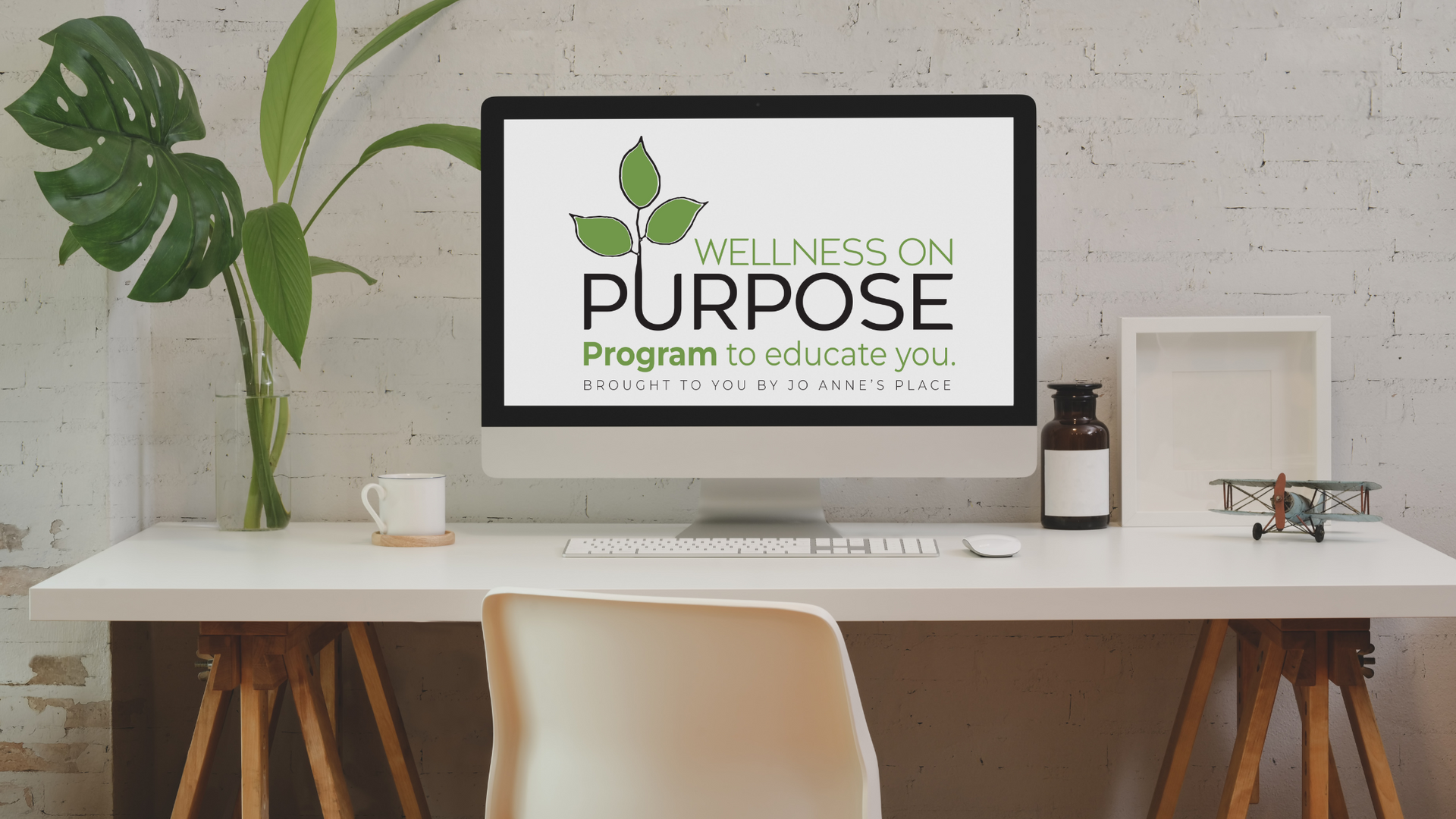
Pillar 2: Mental Wellbeing
Pillar 2 is all about your mental health. It is important to care for your mind and take steps to foster positive mental health. Mental wellbeing includes things like life satisfaction, optimism, self-esteem, feeling in control, and a sense of belonging. It also includes self-awareness about one's own health and making efforts to better it. In other words, knowing how you are feeling, both mentally and physically, and taking steps to meet those needs.
There are plenty of ways to take care of your mental wellbeing, such as yoga, meditation, journalling, seeking the help of a professional (like a doctor or therapist), exercise, hobbies, community, and spirituality. Everyone's approach to fostering a positive mindset is different, because our brains all work differently.
We have some previous blog posts on Self-Love, Herbs for Anxiety, Managing Stress, and Managing Depression - have a read, try some things out, and find what works best for you!
Remember: there is no shame in admitting you need help, and there are many resources available to you. Here is a list.

Pillar 3: Physical Activity
Daily movement is essential for both your physical and mental health. Exercise (in any form) helps to reduce the risk of common health concerns, improve energy, expands lifespan, improves mental health, promotes sleep, manages weight, and more.
While you may not think of exercise as self-care, it really is. It is beneficial for every single part of your body and mind. Here are some facts:
- 150 minutes of moderate-intensity leisure activity per week results in a 14% lower risk of heart disease.
- Regular exercise results in better mental health and emotional wellbeing.
- Daily movement helps promote better sleep and increased energy levels.
- 75–150 minutes per week of vigorous-intensity activity can reduce risk of early death by as much as 21%.
There are so many ways to get active! Yoga, pilates, karate, walking, running, dancing,
VILPA, swimming - they all get your heart rate up and your blood pumping!
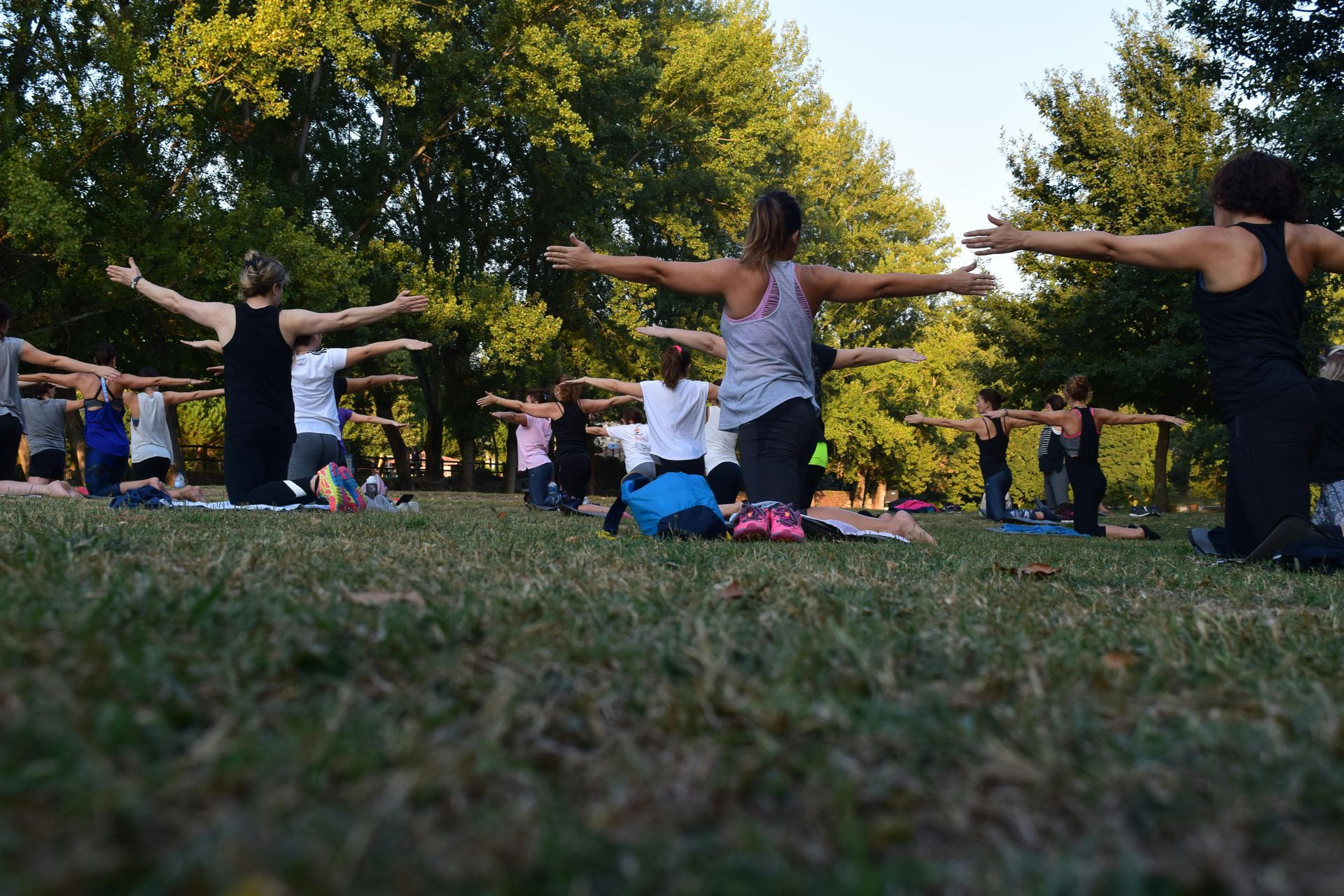
Pillar 4: Healthy Eating
You are what you eat! Eating nutritious, whole foods is such an important part of self-care. An unhealthy diet is a major risk factor for chronic diseases and generally poor health. Whether you choose to follow a specific diet or way of eating such as veganism or the paleo diet, is up to you. However, you don't have to follow a specific diet to eat healthy.
Here are some general suggestions for healthy eating:
- Drink 7-10 glasses of filtered or spring water daily. Chlorine destroys beneficial gut flora and can interfere with iodine absorption.
- Consume a diet that is 75-80%
alkaline forming.
- Go
organic. Eliminate pesticides and other chemicals from your home.
- Focus on
antioxidants.
- Enjoy fermented foods regularly.
- Use unrefined oils such as olive oil, coconut and MCT oils, sesame oil, and avocado oil.
- Consume 1-3 tablespoons of flax, hemp, or chia seeds daily.
- Use sparingly: whole sea salt, natural sweeteners, organic soy and dairy products, organic grains containing gluten, coffee, and alcohol.
If you are looking for information on specific diets, check out our Diet Guides page. Also check out our Recipes page for lots of nutritious and delicious meal ideas!
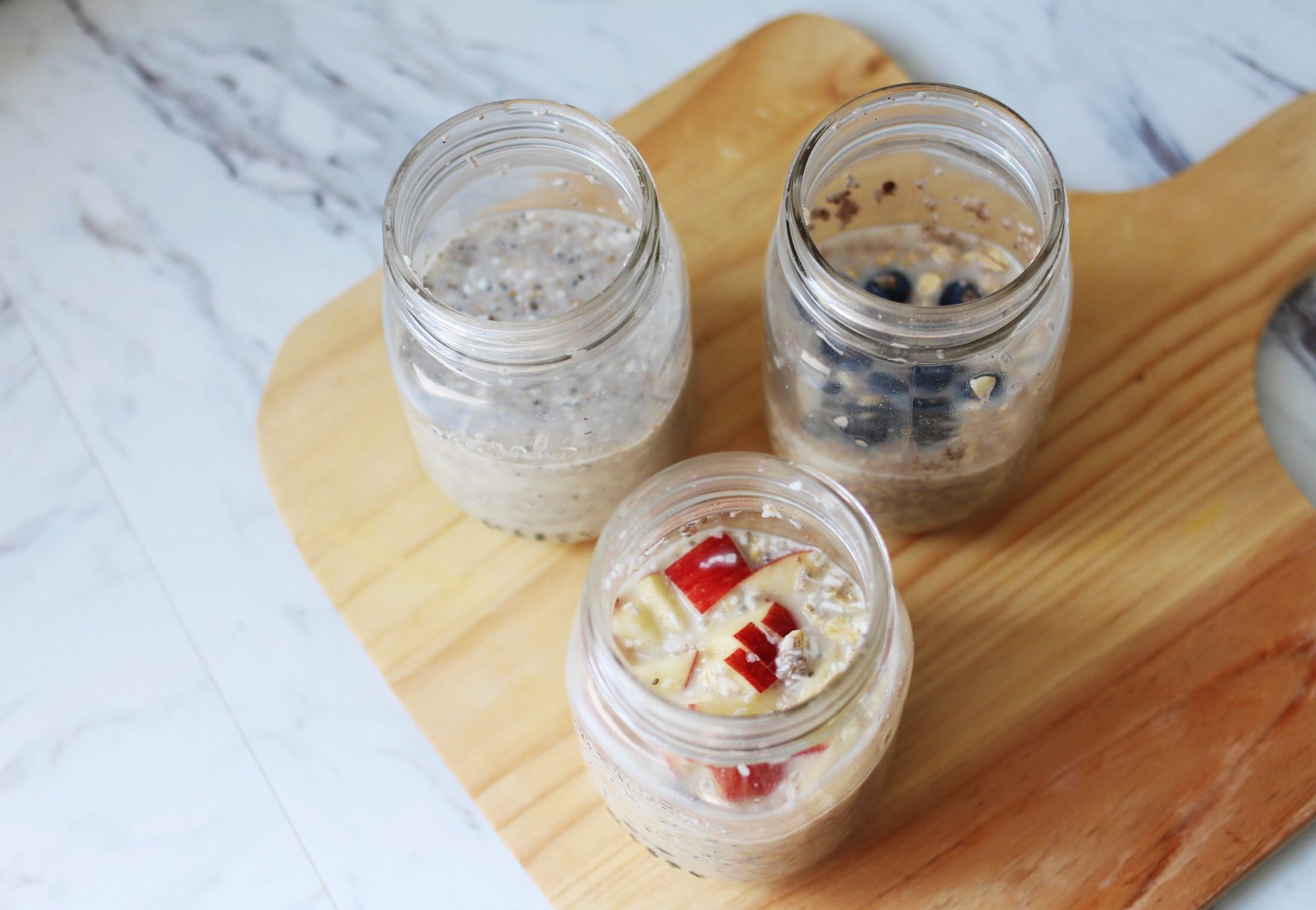
Pillar 5: Risk Avoidance
Let's talk about risk mitigation and avoidance. Essentially, this involves reducing and/or avoiding behaviours and activities that can cause you harm. This involves things like not smoking, drinking alcohol in moderation, protecting yourself from the sun, practicing safe sex, wearing a helmet while biking, and driving safely.
It also links back to the first pillar, Knowledge, as risk avoidance includes understanding risks to your health, such as eating a lot of processed foods, in order to avoid them.
Self-care is as much about what we do not do, as what we do.
We have some helpful tips to help you quit smoking and manage alcohol addition.

Pillar 6: Good Hygiene
While this may seem obvious, practicing good hygiene is essential. You may not realize just how many aspects of our health that hygiene impacts. It protects our physical health by reducing the spread of disease and bacteria. It helps our mental health by promoting a sense of calm and organization in our work and home environments.
Something important to us when it comes to hygiene is understanding the ingredients in the personal hygiene and household cleaning products you are using. Many traditional skin, hair, and body care products contain ingredients like petroleum, sulfates, parabens, artificial dyes, triclosan, formaldehyde which have been found to cause cancer, disrupt hormones, and contribute to other health issues. The same goes for traditional cleaning products. Ingredients like ammonia, chlorine, phosphates, phthalates, and other chemicals are dangerous not only to our environment and water systems, but to our health.
We have a wide selection of safe and biodegradable personal and household care products from trusted brands like Wildcraft skincare, Carina Organics, Natracare, Biovert, Dr. Bronner's, and EcoMax in our stores!
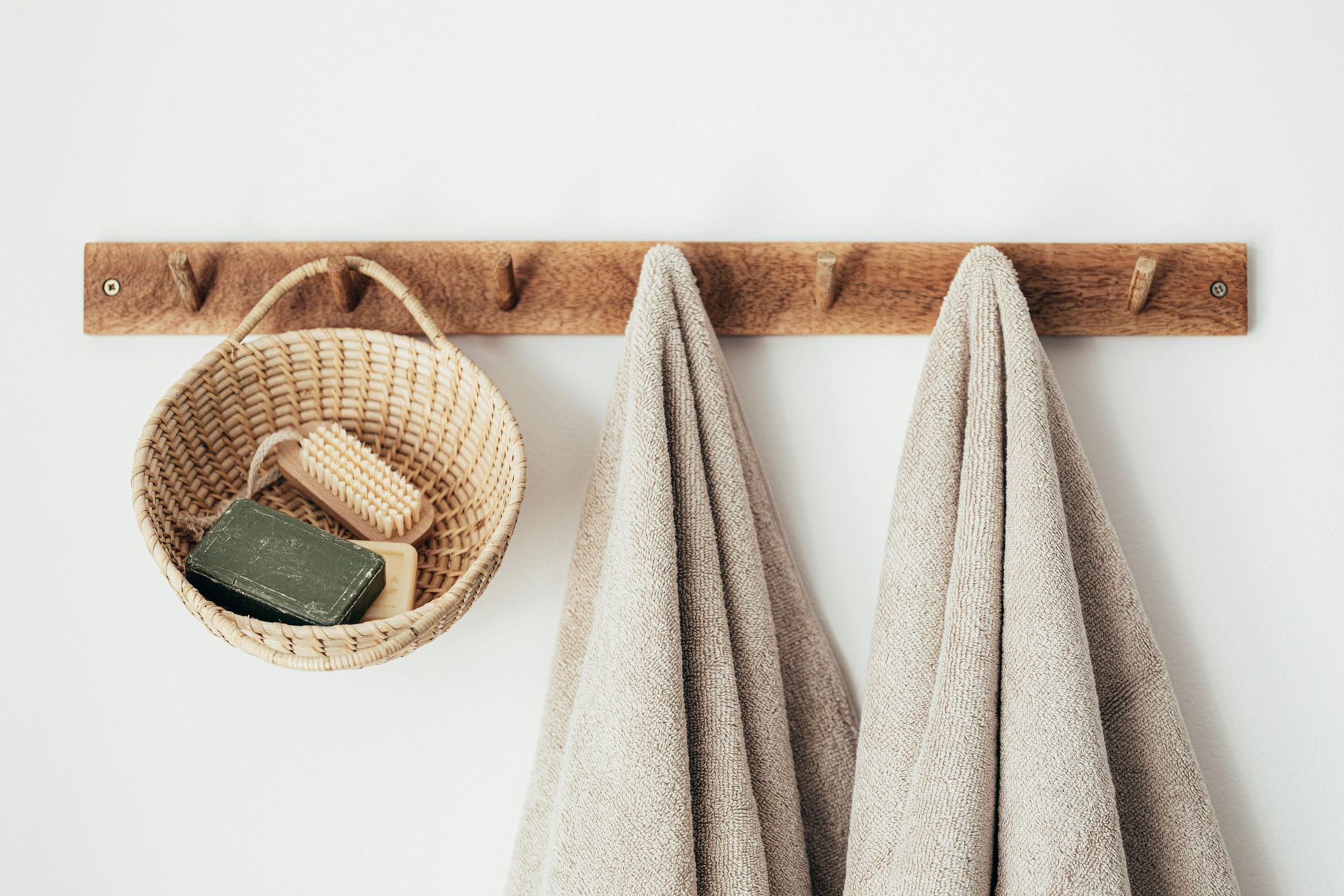
Pillar 7: Self-Care Products & Services
Making use of products and services to boost your wellness is always an option if you feel like you need some extra support. Massage therapy, facials, yoga classes, supplements, essential oils, chiropractors, and nutritionists are all examples of products and services that can promote wellbeing.
If you are lacking disposable income, there are lots of free and inexpensive services available in our community. As mentioned, our Wellness on Purpose Program and Podcast are free and super accessible sources of wellness information. Community events and fairs that are free to attend, like Peterborough VegFest, are great ways to learn about what is available in our community. Summer Soul, a wonderful yoga studio, is hosting free outdoor yoga sessions this August in Downtown Peterborough.

